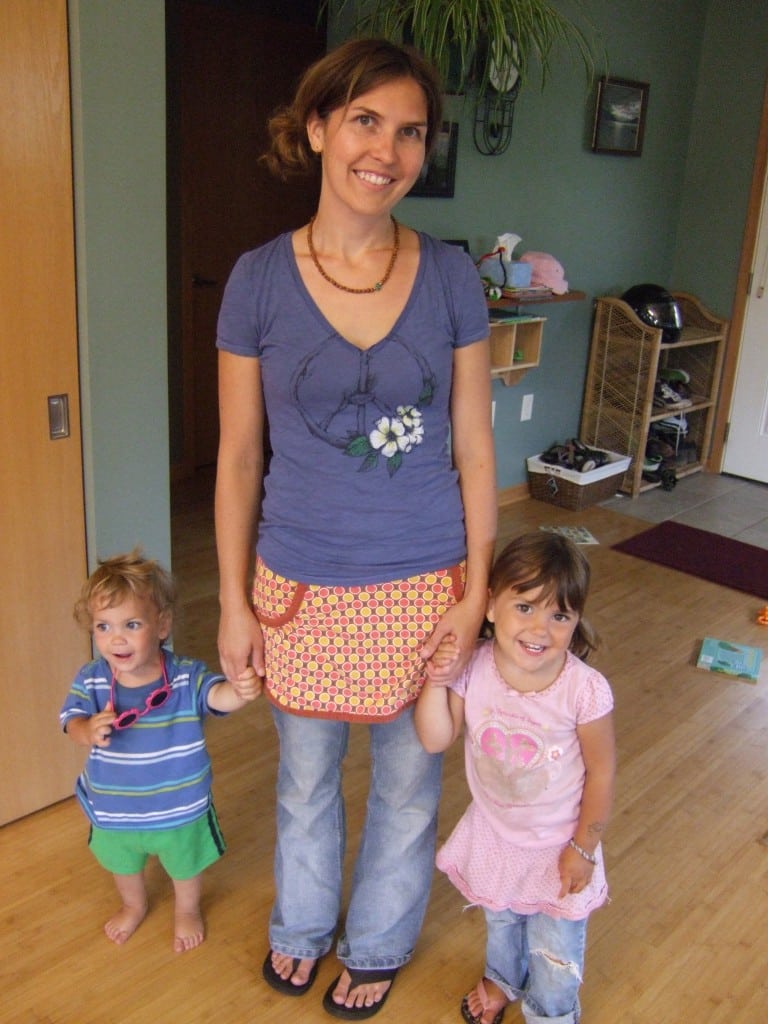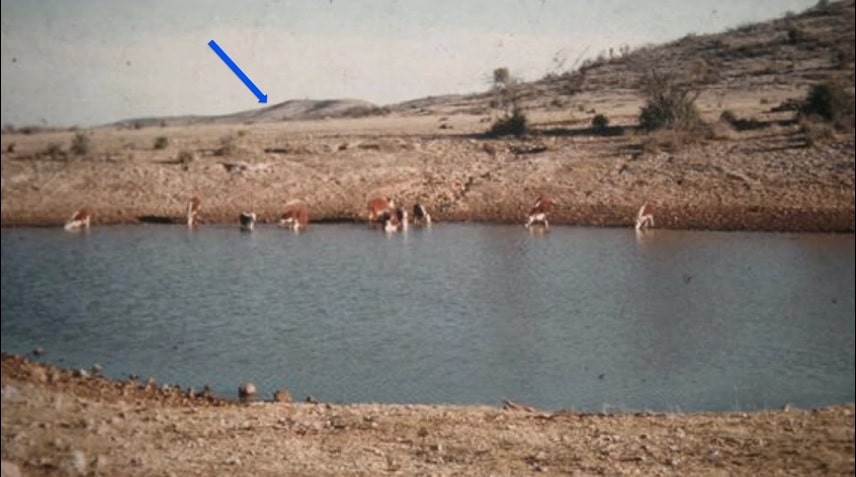Health Consequences of 85,000 Human-made Chemicals
The market for chemicals designed for World War II fell flat at the war’s end. What to do with the infrastructure and knowledge used to create these chemicals? Find a new market. Enter the chemical revolution in agriculture and other areas as well. But, without a precautionary principle (test for safety first and then mass […]
Health Consequences of 85,000 Human-made Chemicals Read More »


